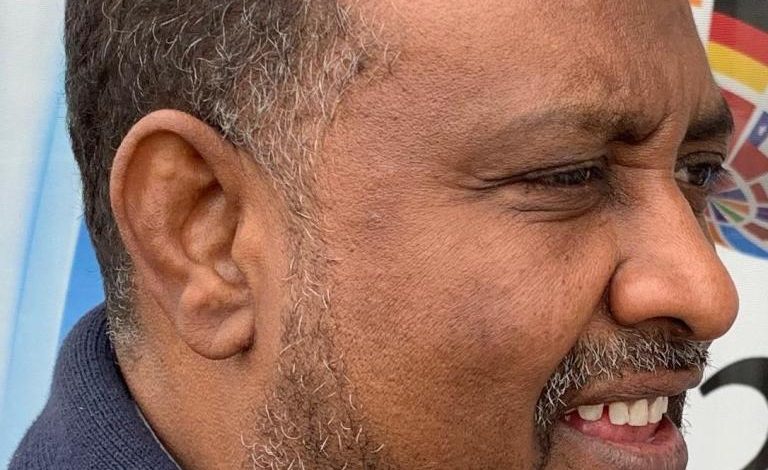Poisoned Justice: When Inferiority Turns into a Project of Collective Revenge

By Abdulaziz Yaqoub
(1)
In a world groaning under the weight of wars and social injustice, a dangerous tendency emerges in some societies: the pursuit of “justice” by spreading evil, oppression, and harm, instead of lifting them off individuals.
Beneath the surface of this harsh behavior lies a much deeper psychological wound—a collective feeling of inferiority.
When a sense of historical betrayal takes root in a person, it gradually transforms into a terrifying conviction: “If we cannot enjoy justice, no one will.”
Thus, the individual or society that views itself as a victim becomes a perpetrator, and the dream of justice and fairness turns into a new project of collective injustice, driven by psychological anxieties.
In this article, we delve into analyzing this complex phenomenon: How does a sense of inferiority distort the concept of justice? And why do some people, whose hearts are filled with hatred or who have suffered injustices that left them feeling inferior, believe that making everyone suffer equally is the only possible form of justice?
Is it reasonable to think that justice can mean equal distribution of injustice? Can someone who fails to establish fairness turn instead to “fairly distributing” oppression?
(2)
Since the dawn of philosophy, one essential question has lingered: Can justice be achieved by distributing or generalizing injustice?
Thinkers understood that justice is not merely equal distribution of suffering, but the establishment of truth and the redress of the wronged. Across the ages, philosophers and intellectuals have agreed that justice cannot be achieved by spreading injustice.
Plato believed that justice is realized when everything is placed in its rightful order.
Aristotle affirmed that justice is giving each their due, not punishing everyone equally.
Ibn Khaldun warned that injustice signals the collapse of civilization, regardless of how it is justified with false slogans.
Justice, therefore, is not about equal pain, but about eliminating pain and injustice altogether.
In modern history, thinkers like John Rawls emphasized that true justice is about building systems that protect the vulnerable and the victims—not about turning everyone into victims.
The sense of inferiority has become fuel for distorting justice. When a group of people suffers from persistent oppression or systemic marginalization, or develops psychological traumas as a result, feelings of inferiority and humiliation take hold.
As frustration accumulates and wounds deepen across generations, collective revenge becomes tempting—as a way to compensate for a perceived lack. Sadly, that sense of lack exists only in their own minds and souls.
(3)
This is where a dangerous deviation from sound reasoning appears.
Instead of seeking to remove oppression from themselves and others, oppressed groups begin to justify spreading injustice to everyone as a form of “new justice.”
Thus, social reform projects morph into revenge campaigns, destroying societies instead of rebuilding them.
So how can we confront this destructive mindset and correct the course? Condemnation alone is not enough—we must address it both psychologically and intellectually by:
1. Conscious education: Promoting the idea that justice means removing pain and oppression, not spreading it equally.
2. Acknowledging past tragedies: Recognizing the crimes of the past without using them as justification for committing new ones.
3. Promoting the concept of dignity: True dignity is only achieved by rising above hatred and the desire for revenge.
4. Focusing on the future: Building a just and safe society for our children is more important than settling past scores.
Nations do not attain freedom by sharing in misery, but by sharing in hope.
True justice is not built on equal wounds, but on healing those wounds and breaking the cycles of violence.
When we build a system that restores rights instead of spreading pain, we choose the harder path—but it’s the only one that can save our future.
True justice is not revenge; it is a profound psychological courage worthy of nations that aspire to survive and flourish.
References:
1. Plato, The Republic
2. Aristotle, Nicomachean Ethics
3. Ibn Khaldun, The Muqaddimah
4. John Locke, Two Treatises of Government
5. Immanuel Kant, Groundwork of the Metaphysics of Morals
6. John Rawls, A Theory of Justice
7. Nelson Mandela, National Reconciliation Speeches after Apartheid



